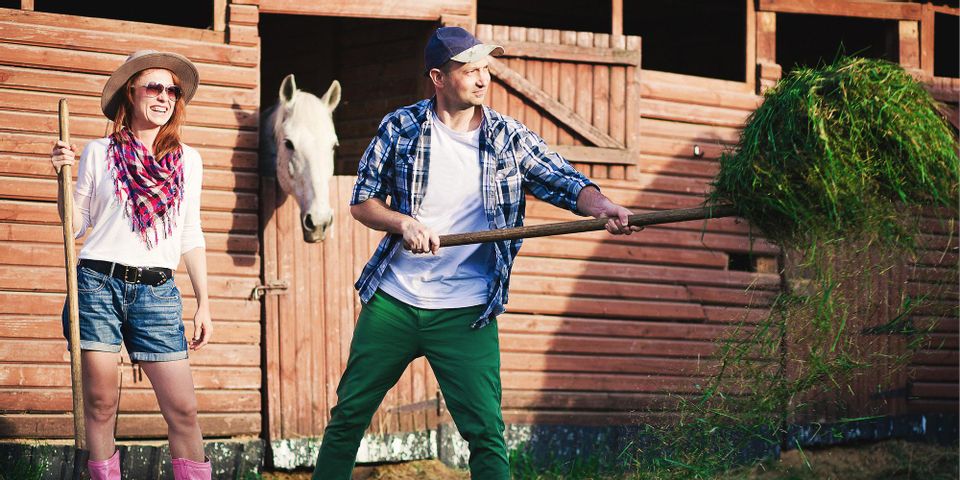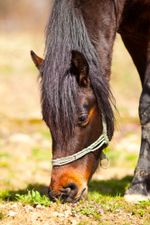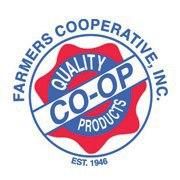Frequently Asked Questions About Horse Worms

Worms, or gastrointestinal parasites, are some of the most common pests found in horses. These invisible killers can cause severe internal damage without the appropriate pet care. Protect your equines from this common threat by knowing more about them.
Equine Gastrointestinal Worms FAQ
What types of worms infect horses?
There are four common types of worms: strongyles (blood or red worms), ascarids (roundworms), tapeworms, and bots. Strongyles can cause colic, gangrenous enteritis, intestinal stasis, anemia, and emaciation. Ascarids are common in horses under 15 months of age and may stunt growth.
Tapeworms adhere to the gut wall and cause intestinal obstruction or rupture. Bots become flies as adults and lay their eggs on the horse’s body. As the horse grooms itself, it consumes the eggs, which hatch into larvae inside the body and cause digestive issues.
How do horses get them?
 The most common way horses get these parasites is when they are turned out to pasture with an infected horse or into a contaminated pasture. The pasture itself may become contaminated through the manure of the infected horse, which carries the worms, eggs, and larvae. When your horse grazes, they’ll consume the parasites and become infected.
The most common way horses get these parasites is when they are turned out to pasture with an infected horse or into a contaminated pasture. The pasture itself may become contaminated through the manure of the infected horse, which carries the worms, eggs, and larvae. When your horse grazes, they’ll consume the parasites and become infected.
What are the signs of infection?
Many infected horses may not show any signs or symptoms, which is part of why parasites can be so dangerous. However, some may show noticeable health concerns. Common red flags include lethargy, decreased stamina, weight loss, lack of appetite, potbelly or slowed growth in young horses, colic, diarrhea, or a dull coat.
How do I manage worms?
Give all of your horses a dewormer to remove adult worms and reduce the likelihood of re-infection. This should generally be done every two months, but your veterinarian will tell you whether you need to adjust your schedule.
Worm management with fecal egg counts is also a key part of working horse or pet care. Monitor the fecal egg counts to diagnose parasites and monitor how effective your deworming is; your veterinarian can conduct this simple test using two or three fresh balls of manure.
Farmers Cooperative in Live Oak, FL, carries pet care supplies for farmers and ranchers throughout Suwannee and Madison Counties. They offer dewormers, grooming products, bulk animal feed, and agricultural products. Shop their inventory online, visit their showroom or call (386) 362-1459 for assistance.
About the Business
Have a question? Ask the experts!
Send your question

